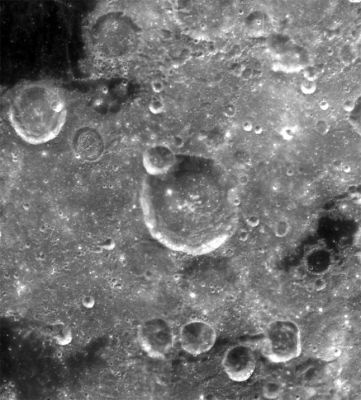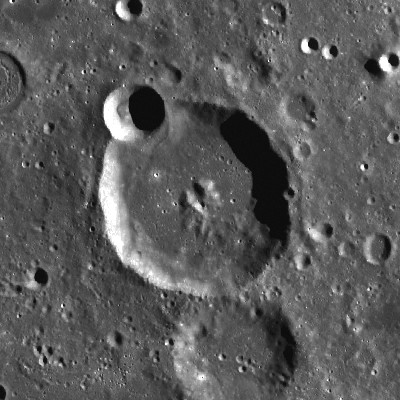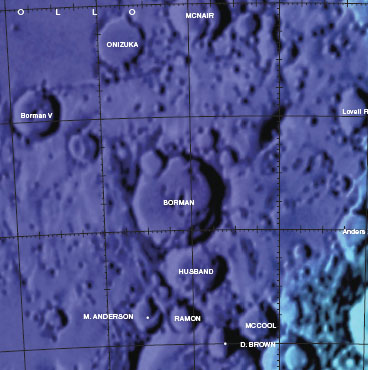Difference between revisions of "Borman"
| Line 5: | Line 5: | ||
|- | |- | ||
| | | | ||
| − | [http://lpod.org/coppermine/displayimage.php?pid=4195&fullsize=1 [[Image: | + | [http://lpod.org/coppermine/displayimage.php?pid=4195&fullsize=1 [[Image:Normal_borman-large.jpg|external image normal_borman-large.jpg]]][[Image:Borman.jpg|Borman.jpg]]<br /> |
| | | | ||
| − | [[Image: | + | [[Image:Borman-color.jpg|borman-color.jpg]]<br /> |
|} | |} | ||
''Left:'' [http://pdsmaps.wr.usgs.gov/explorer-bin/mapmars4.cgi?WHEREFROM=DEG2&VERSION=INTERMEDIATE&DATA_SET_NAME=moon_clementine_bw&PIXEL_TYPE=BIT8&SCALE=pixels/degree&PROJECTION=SINUSOIDAL&RESOLUTION=128&RESAMP_METHOD=NEAREST_NEIGHBOR&BANDS_SELECTED=&FORMAT=JPEG&LONBOX=8&LATBOX=8&GRIDLINE_FREQUENCY=none&STRETCH=NONE&LAT=-39&LON=211.5&LINE=512&SAMP=409 Clementine]. ''Center :'' '''''LROC'''''<br /> ''Right:'' [http://planetarynames.wr.usgs.gov/images/Lunar/lac_121.pdf Colo-coded Lac 121] from [http://the-moon.us/wiki/USGS%20Digital%20Atlas USGS Digital Atlas]<br /> <div id="toc"> | ''Left:'' [http://pdsmaps.wr.usgs.gov/explorer-bin/mapmars4.cgi?WHEREFROM=DEG2&VERSION=INTERMEDIATE&DATA_SET_NAME=moon_clementine_bw&PIXEL_TYPE=BIT8&SCALE=pixels/degree&PROJECTION=SINUSOIDAL&RESOLUTION=128&RESAMP_METHOD=NEAREST_NEIGHBOR&BANDS_SELECTED=&FORMAT=JPEG&LONBOX=8&LATBOX=8&GRIDLINE_FREQUENCY=none&STRETCH=NONE&LAT=-39&LON=211.5&LINE=512&SAMP=409 Clementine]. ''Center :'' '''''LROC'''''<br /> ''Right:'' [http://planetarynames.wr.usgs.gov/images/Lunar/lac_121.pdf Colo-coded Lac 121] from [http://the-moon.us/wiki/USGS%20Digital%20Atlas USGS Digital Atlas]<br /> <div id="toc"> | ||
Revision as of 01:42, 16 April 2018
Contents
Borman
| Lat: 38.8°S, Long: 147.7°W, Diam: 50 km, Depth: km, Rükl: (farside) | |
Right: Colo-coded Lac 121 from USGS Digital Atlas
Images
LPOD Photo Gallery Lunar Orbiter Images Apollo Images
Maps
(LAC zone 121A3) USGS Digital Atlas PDF
Description
Borman is a crater of the Early Imprium period (~ 3.75 to 3.2 bn years), and lies on the south-eastern, inner ring of the Apollo Basin -- a 720 kilometre-wide basin of the pre-Nectarian period (~ 4.6 to 3.92 bn years). It is thus obviously higher than the surrounding area as to its north-west region (Apollo) and its south-west and east (a trough region between the inner ring and rim) region respectively, show dark mare material of lower regions of lower flooded floors. Borman's rim looks relatively sharp for its age, and is only interrupted by several smaller craters -- the largest being about 20 kilometrea cross in the north-west section. The floor is somewhat level predominantly in its northern half, however, a more rougher appearance to its southern half may suggest as to hints of landslided material. All features shown in the above image lies within the north-eastern section of the South Pole Aitken Basin -- a 2500 kilometre-wide basin of the pre-Nectarian period (~ 4.6 to 3.92 bn years).- JohnMoore2 JohnMoore2
Description: Wikipedia
Additional Information
Central peak composition: GNTA2 (Tompkins & Pieters, 1999)
Nomenclature
- Named for Frank Borman (1928 - living), an American astronaut (Gemini 7 & Apollo 8) and CEO of Eastern Airlines. This is one of the few lunar features that was named for a living person.
- This name is one of twelve honoring living U.S. and Soviet astronauts and cosmonauts approved by the IAU in 1970 and published in Menzel, 1971.
- On the farside map of Hallwag, the name Borman was erroneously printed at the location of crater Lovell.- DannyCaes Jun 19, 2010
LPOD Articles
Bibliography
Frank Borman's missions:
- Gemini 7:
SPACE RENDEZ-VOUS; milestone on the way to the moon (by Kenneth F. Weaver), NATIONAL GEOGRAPHIC, April 1966. - Apollo 8:
A MOST FANTASTIC VOYAGE; the story of Apollo 8's rendez-vous with the moon (by Lt. Gen. Sam C. Phillips), NATIONAL GEOGRAPHIC, May 1969.


